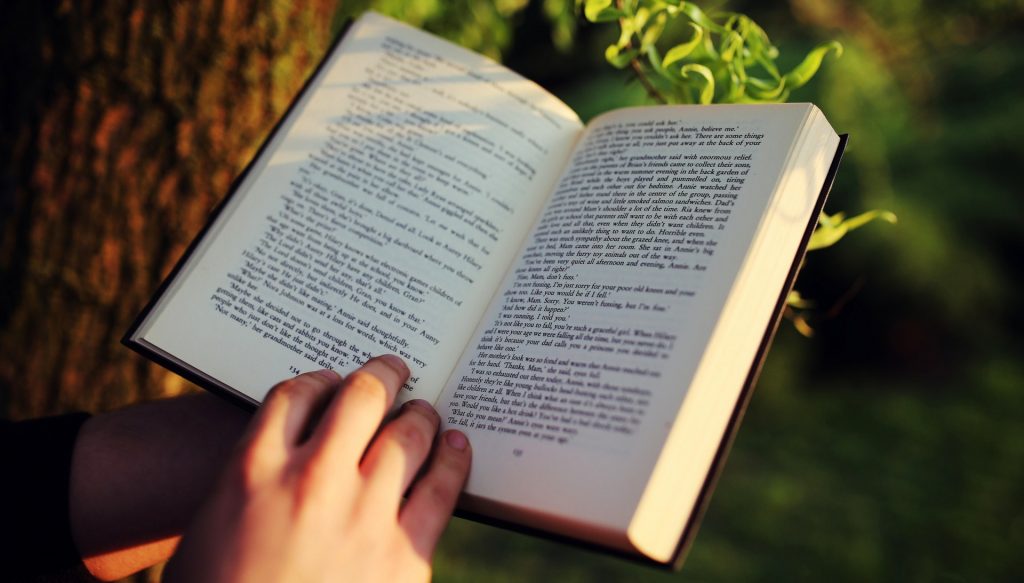New research suggests what curiosity can do for your brain
(Collective Evolution | Alexa Erickson) Do you ever scour the Internet, scanning articles for information, then find yourself suddenly asking yourself questions about the topic being proposed? Your curiosity to dive further into a subject might send you into a tailspin of clicks as you search for answers. According to a new study from the University of California, Davis, when our curiosity is stimulated, our brain responds by preparing to learn about the topic we are interested in, along with incidental information.
The Study
“In any given day, we encounter a barrage of new information,” explains Charan Ranganath, a psychologist at the University of California, Davis. “But even people with really good memory will remember only a small fraction of what happened two days ago.”
Ranganath was curious as to why we absorb some information and discard other things, so he and a team of researchers asked 19 participants to examine 100 questions such as “What Beatles single lasted longest on the charts, at 19 weeks?” or “What does the term ‘dinosaur’ actually mean?” and scored them based on how curious they were about attaining the answer. They were then asked to review 112 of those questions, with half being the ones they were highly interested in, and the others not so much. During this process, the researchers scanned their brain activity with functional magnetic resonance imaging (fMRI).
As the scanning process occurred, the participants viewed a question, then waited 14 seconds and were shown a photograph of a face that was unrelated to the topic — with no explanation as to why — before they were given the answer to the question. Following this, their memory was tested, the researchers looking to see how they would recall and retain the answers as well as the faces.
The Findings
What the researchers found was that, when the participants had a high interest in a question, their memory of the answer as well as the face was better. The next day, a follow-up test was conducted, and confirmed these findings. The results proved one particular thing: curiosity can prepare the brain to learn and memorize on a broader basis.
The researchers reviewed their imaging data to further understand this idea, and found that the brain activity during their time waiting and anticipating the answer to a question could predict their memory performance.
During this process, brain activity increased in two regions in the midbrain: the ventral tegmental area and nucleus accumbens, both of which pass on dopamine, which works to control both pleasure and reward. The researchers believe that the anticipation portion of the process is the key factor in the outcome, because, before the answer was given, the brain’s desire for this knowledge was already captivating the reward system. Furthermore, the hippocampus, thought to be the center of emotion, memory, and the autonomic nervous system, showed increased activity. The findings seem to prove that the brain’s reward system prepares this area of the brain for learning.
Ranganath believes that the findings of this study could work to help us better understand memory and learning issues in people suffering from low dopamine, like Parkinson’s disease. It could also help educators, advertisers, and storytellers uncover ways to more effectively captivate their audiences, and get them to better absorb their teachings and messages.
It may also help us derive even more pleasure in the learning process. But there is still much to be uncovered on the subject, including its long-term effects, like how this knowledge may help a student’s curiosity that is stimulated at the beginning of a school day work to better absorb material throughout the day. There are also further questions to be answered, such as why some people have a greater natural curiosity than others, and what factors influence our level of curiosity in the first place.
“There’s only a handful of studies on curiosity,” Ranganath says. “It’s very hard to study.”
Nevertheless, the study points out that, just like it is the journey that matters more than the destination, it is the question that intrigues our curiosity, and the answer is merely an afterthought.
Source: Collective Evolution
You may also like:




